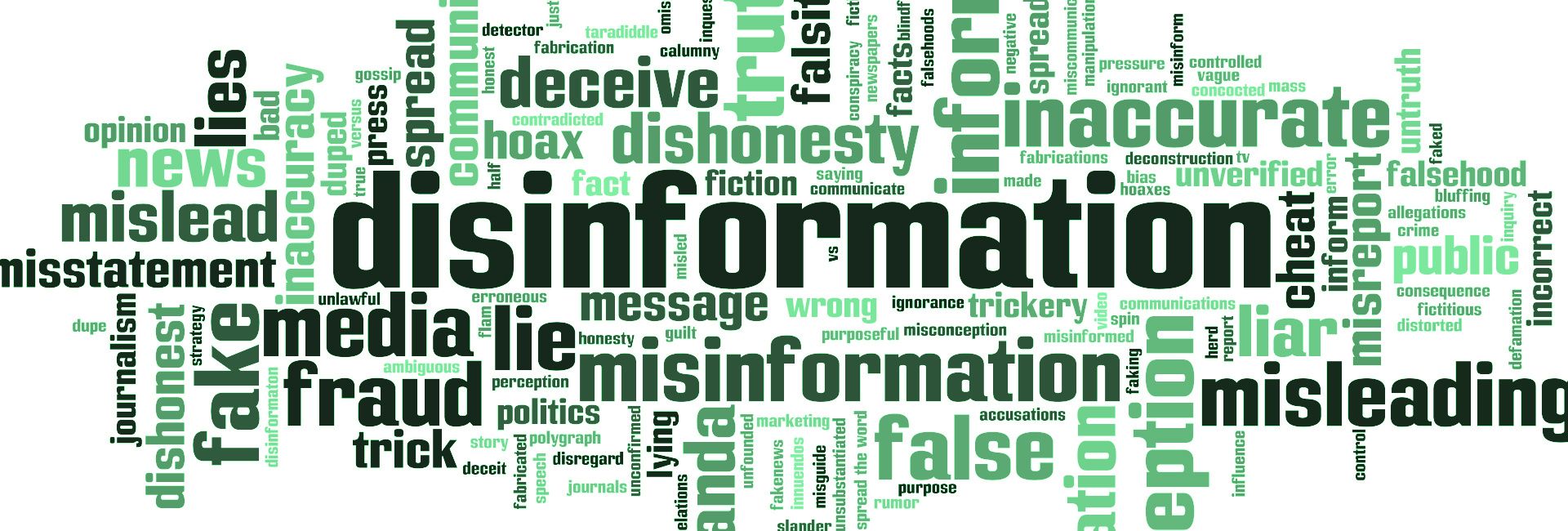Australia can learn from other nations who proactively fight disinformation and misinformation.
As the United States goes to the presidential polls amid claim and counterclaim of disinformation, misinformation and fake news, it's timely to ask how we can protect our democratic electoral processes from the same problem.
Researchers at the Australian Strategic Policy Institute (ASPI) have been looking how democracies can safeguard their elections from misinformation and disinformation and where Australia could do better in the future.
Sarah O'Connor, of ASPI, points to a common misunderstanding of the distinction between misinformation and disinformation. She describes disinformation as the intentional communication of information known to be false with the intention to influence or manipulate others; whereas misinformation is the retelling of information one believes to be true but is not. This is often how the misinformation is spread amongst families, friends and on social media.
In Australian politics, the 2016 Medi-scare and the 2019 "Labour will impose a death-tax" campaigns have been prominent examples of disinformation and misinformation working together, with one following the other.
In the US, in 2016, a tranche of Hillary Clinton's emails became a source of misinformation and disinformation that were used against then Democrat nominee and led to a damaging FBI investigation. Russia was widely believed to have played a part in the hack and release of the emails.
O'Connor compared media coverage of the Clinton server scandal to how the French dealt with a drop of 20,000 leaked emails from President Emmanuel Macron days before the 2017 French presidential election. Macron's campaign showed transparency and the French media covered the initial story of the hacking. Journalists and media outlets were then much more aware that information that came out of these emails could be part of an disinformation operation by a foreign power.
In the 2020 US presidential campaign, Republican proxies have again tried to push an email scandal focussed on the business dealings of Hunter Biden, the son of the Democrat presidential candidate Joe Biden. The unverified information has been treated with far greater scepticism and gained little traction outside the right-wing media's echo chamber.
Could it happen in Australia? In looking at our vulnerabilities, O'Connor said: "I think the biggest issue is that not a lot of Australians are aware of the actual threat and there isn't a lot of public messaging about being critical and curious about what you read."






